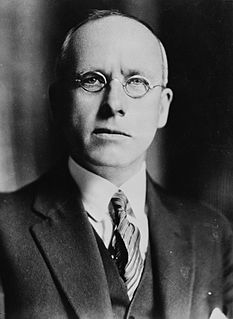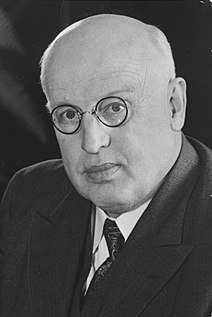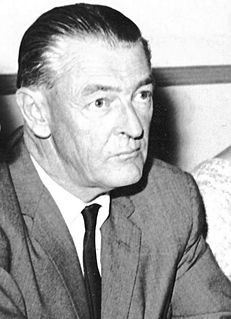The Real Democracy Movement of New Zealand was a short-lived political movement in New Zealand founded in 1942. The Social Credit Movement decided to set up a "separate political organisation" the “Real Democracy Movement” at their annual conference in January 1942, but the RDM got only about 4,400 votes in the 1943 election. [1]

New Zealand is a sovereign island country in the southwestern Pacific Ocean. The country geographically comprises two main landmasses—the North Island, and the South Island —and around 600 smaller islands. New Zealand is situated some 2,000 kilometres (1,200 mi) east of Australia across the Tasman Sea and roughly 1,000 kilometres (600 mi) south of the Pacific island areas of New Caledonia, Fiji, and Tonga. Because of its remoteness, it was one of the last lands to be settled by humans. During its long period of isolation, New Zealand developed a distinct biodiversity of animal, fungal, and plant life. The country's varied topography and its sharp mountain peaks, such as the Southern Alps, owe much to the tectonic uplift of land and volcanic eruptions. New Zealand's capital city is Wellington, while its most populous city is Auckland.

The 1943 New Zealand general election was a nationwide vote to determine the shape of the New Zealand Parliament's 27th term. With the onset of World War II, elections were initially postponed, but it was eventually decided to hold a general election in September 1943, around two years after it would normally have occurred. The election saw the governing Labour Party re-elected by a comfortable margin, although the party nevertheless lost considerable ground to the expanding National Party.
The movement's aims, as stated at the first annual conference, held at Lower Hutt on 22 January 1943, was for “economic security combined with individual liberty”, and advocated that all returned servicemen should be paid at least the average wage until they were re-integrated into civil employment. [2] [3]

Lower Hutt is a city in the Wellington Region of the North Island of New Zealand. Administered by the Hutt City Council, it is one of the four cities that constitute the Wellington metropolitan area.
The movement stood 25 candidates in the 1943 election, and also supported two of the three Fighting Forces League (FFL) candidates. [4] The movement received only 4,421 votes (0.53%, on provisional count of votes). [5]
In a post-election letter, F. Allen (a North Island executive member) stated that the movement wanted fewer controls except that "the people should control money or credit policy, something vastly different from what obtains at present"; and objected to the movement being called a party. [6]
Roly Marks, another North Island executive member, later stood several times for Social Credit. Like nearly half the executive, he was a returned soldier from World War I.
Rowland Oswald Colin Marks was born in Auckland, New Zealand and was a pioneer of the social credit movement in New Zealand.

The New Zealand Social Credit Party was a political party which served as the country's "third party" from the 1950s through into the 1980s. The party held a number of seats in the New Zealand House of Representatives, although never more than two at a time. It has since renamed itself the New Zealand Democratic Party, and was for a time part of the Alliance.








